Related Movies

The Watergaw (2024)
Iain Syme returns to his family’s farmland in the Scottish Borders and attempts to sell it off to a mysterious local landowner. However, his brother Cammy, a hermit who still lives on the land, has different ideas...

Perfect Addiction (2023)
A female boxing trainer discovers that her champion cage-fighter boyfriend has been cheating on her with her sister and decides to seek revenge by training up his arch-rival to challenge him.
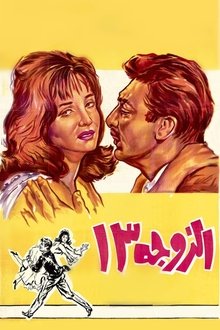
Wife Number 13 (1962)
Murad Salem is a rich man who is used to getting what he wants whenever he wants it. When he meets a beautiful woman in Alexandria, he wants her as wife number thirteen. He buys himself into the heart of the woman, until a well-meaning, former fiancée of her husband tells her just how many times he has been divorced. The new bride launches into a series of ploys that keep her away from the marriage bed.

Pikku Pietarin piha (1961)
A little orphan boy is the focus of attention, as well as his stepmother whose special qualities engender a certain mystery around her person – and hint at magical powers.
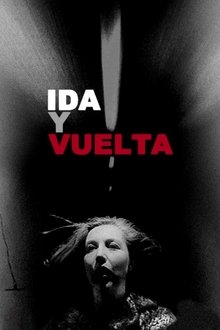
Ida y vuelta (1968)
Elena, a shy and unmarried girl, belonging to the upper middle class and somewhat marginalized from the general environment, embarks on a trip to the family farmhouse one morning, and when she returns to the city that same day, at night, she is forced to take a strange woman in her car.

Metropolis (1927)
In a futuristic city sharply divided between the rich and the poor, the son of the city's mastermind meets a prophet who predicts the coming of a savior to mediate their differences.
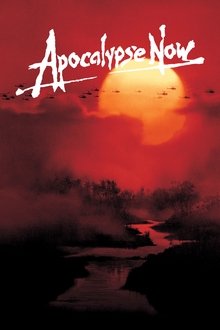
Apocalypse Now (1979)
At the height of the Vietnam war, Captain Benjamin Willard is sent on a dangerous mission that, officially, "does not exist, nor will it ever exist." His goal is to locate - and eliminate - a mysterious Green Beret Colonel named Walter Kurtz, who has been leading his personal army on illegal guerrilla missions into enemy territory.
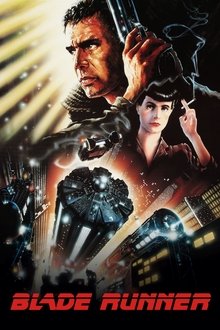
Blade Runner (1982)
In the smog-choked dystopian Los Angeles of 2019, blade runner Rick Deckard is called out of retirement to terminate a quartet of replicants who have escaped to Earth seeking their creator for a way to extend their short life spans.
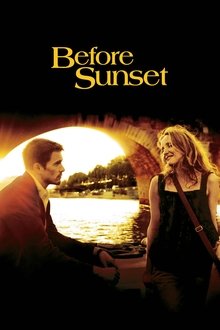
Before Sunset (2004)
Nine years later, Jesse travels across Europe giving readings from a book he wrote about the night he spent in Vienna with Celine. After his reading in Paris, Celine finds him, and they spend part of the day together before Jesse has to again leave for a flight. They are both in relationships now, and Jesse has a son, but as their strong feelings for each other start to return, both confess a longing for more.
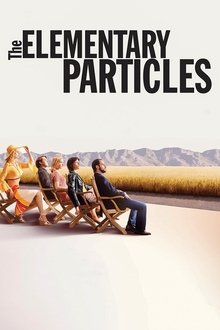
The Elementary Particles (2006)
Based on Michel Houellebecq's controversial novel, Atomised (aka The Elementary Particles) focuses on Michael and Bruno, two very different half-brothers and their disturbed sexuality. After a chaotic childhood with a hippie mother only caring for her affairs, Michael, a molecular biologist, is more interested in genes than women, while Bruno is obsessed with his sexual desires, but mostly finds his satisfaction with prostitutes. But Bruno's life changes when he gets to know the experienced Christiane. In the meantime, Michael meets Annabelle, the love of his youth, again.
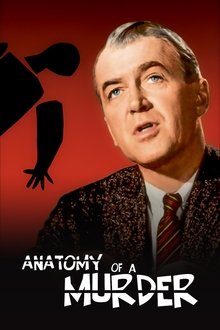
Anatomy of a Murder (1959)
Semi-retired Michigan lawyer Paul Biegler takes the case of Army Lt. Manion, who murdered a local innkeeper after his wife claimed that he raped her. Over the course of an extensive trial, Biegler parries with District Attorney Lodwick and out-of-town prosecutor Claude Dancer to set his client free, but his case rests on the victim's mysterious business partner, who's hiding a dark secret.
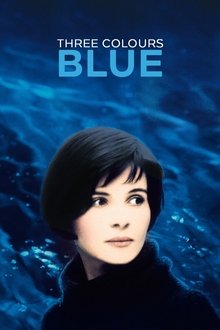
Three Colors: Blue (1993)
The wife of a famous composer survives a car accident that kills her husband and daughter. Now alone, she shakes off her old identity and explores her newfound freedom but finds that she is unbreakably bound to other humans, including her husband’s mistress, whose existence she never suspected.

Freaks (1932)
A circus' beautiful trapeze artist agrees to marry the leader of side-show performers, but his deformed friends discover she is only marrying him for his inheritance.

Dracula (1931)
A British estate agent travels to Transylvania to meet the mysterious Count Dracula, who is interested in leasing a London castle. After Dracula enslaves the agent and drives him to insanity, the pair return to London together, where Dracula, a secret bloodsucker, begins preying on socialites.

All Quiet on the Western Front (1930)
When a group of idealistic young men join the German Army during the Great War, they are assigned to the Western Front, where their patriotism is destroyed by the harsh realities of combat.
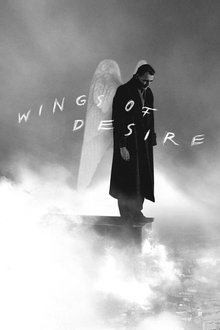
Wings of Desire (1987)
Two angels, Damiel and Cassiel, glide through the streets of Berlin, observing the bustling population, providing invisible rays of hope to the distressed but never interacting with them. When Damiel falls in love with lonely trapeze artist Marion, the angel longs to experience life in the physical world, and finds — with some words of wisdom from actor Peter Falk — that it might be possible for him to take human form.

